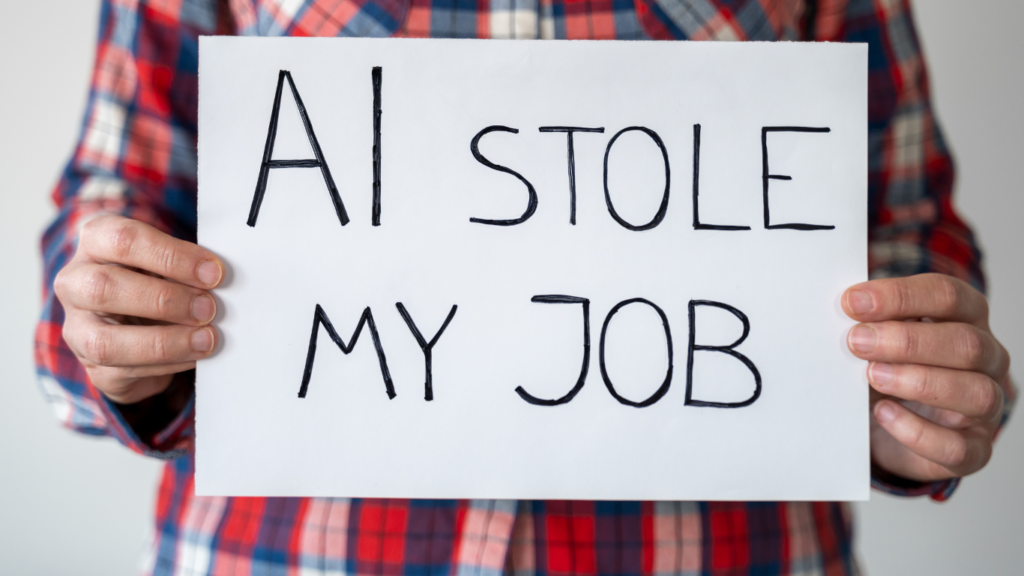Firmly established now in every industry, AI is perhaps going to change the scenario of job opportunities like never before by the year 2025. Automation, creation of new jobs-such are the manipulations done by AI, both a disrupter and an enabler. Let us go further in seeing how AI will impact the job landscape and how professionals adapt themselves accordingly.
1. Overall Automation of Boring Tasks
The automatic replacement of machine repetitive jobs shows no signs of slowing or stopping. Data entry and customer service chatbots are only the tip of the iceberg; just about every industry-from warehousing to logistics and many more-is adopting some facet of the workplace model.
2. Creation of AI-Assisted Jobs
With AI at the forefront of these changes, it is less inclined to remove full jobs as much as it is taking augmenting human ability. Not a complete replacement of jobs, but assistance, by AI-powered tools used in diagnostics with doctors, analysis of consumer behavior with marketers, or more efficient use of debugging code with software developers.
3. New AI-Centric Careers
As very technologically advanced AI will soon begin creating new job roles, new profiles like AI ethics consultants, control machine learning engineers, AI data model trainers and many others are needed for the shifting job market.
4. Reskilling and Upskilling Requirements
AI is changing job roles, so employees will continuously require skills training. Therefore, online learning, certification, and corporate upskilling now require focusing on important learnings such as AI literacy, data science, and cybersecurity.
5. Gig Economy and AI Talent Freelancing
AI fosters a gig economy propagated via remote work and freelancing. It uses advanced matching engine platforms that match freelancers to businesses better than ever before, making recruitment and management of projects streamlined.
6. Changes in the Traditional Sectors
Although it covers quite a few fields, including manufacturing, healthcare, finance, or education, it is possible to include automated financial advisers, AI-assisted surgeries, and smart manufacturing in this list. All jobs are redefined traditionally within certain limits.
7. Ethical and Regulatory Challenges
AI is creating ripples in job displacement, bias in automation decisions, and growing need for ethical concerns with continuous evolution. Governments and organizations are trying their best to implement policies for fair and responsible AI integration.
8. A Hybrid Work Environment
It will enable the hybrid work environment by enhancing remote collaboration tools, scaling cyber security, and automating the administration workflows that will allow flexibility in work.
Final Thoughts
AI is not only taking jobs away but also transforming jobs and creating other opportunities. Those professionals who welcome technological advances, invest in acquiring new skills by learning continuously, and adapt to innovative trends will do well in the future job market of 2025.
Are you prepared for the AI-driven future? Please share your comments below!



